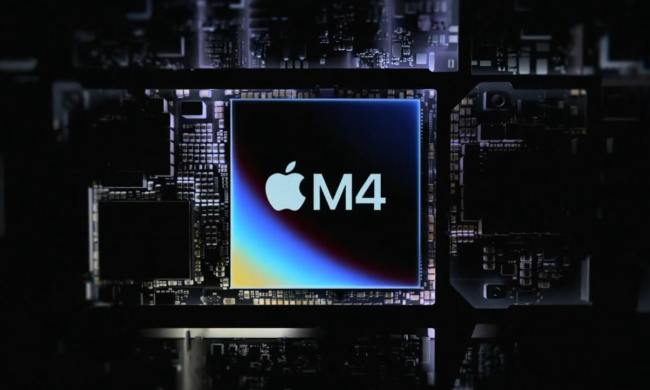
U.S. federal district judge Theresa Buchanan has ruled the U.S. government can have access to Twitter account information of associates of Wikileaks founder Julian Assange. Buchanan finds that the account-holders do not have any legal standing to challege the government’s order for account information, since the order only seeks information about the accounts, rather than the contents of messages.
The ruling is the latest development in a process that began last December when the U.S. government served Twitter with an order seeking information about accounts belonging to several individuals associated with Wikileaks founder Julian Assange. Targets of the government’s investigation include Assange himself as well as Bradley Manning, who is suspected of leaking classified U.S. government information to Wikileaks. Other targets include U.S. representative Jacob Appelbaum, Icelandic MP Birgitta Jonsdottir, and Dutch activist Rop Gonggrijp.
Although the government’s order is still sealed—and Judge Buchanan denied a motion to unseal it—the government is seeking full contact information for each of the account holders, IP addresses used to access the accounts, dates and times when the accounts were signed in to Twitter, and information about the amount of data exchanged via the accounts, as well as the IP addresses were communications were sent. Some of these items are not germane to Twitter, suggesting the order is a generic request that could be sent to any ISP or online service.
Wired has posed a copy of Judge Buchanan’s ruling (PDF).
The order was issued under the 1994 Stored Communications Act, which provides law enforcement agencies with access to transaction information and other meta-data about online communications, although not access to the content of the communications themselves. The request is believed to be in support of a grand jury investigation targeting Wikileaks for publishing classified U.S. government material. The order came to light because Twitter notified its users information had been requested about their accounts; there is no requirement that the government inform users it is seeking information about their accounts, and there is no requirement account-holders be suspected of any wrongdoing or criminal activity.
The Electronic Frontier Foundation and the American Civil Liberties Union have indicated they intend to appeal the ruling.


